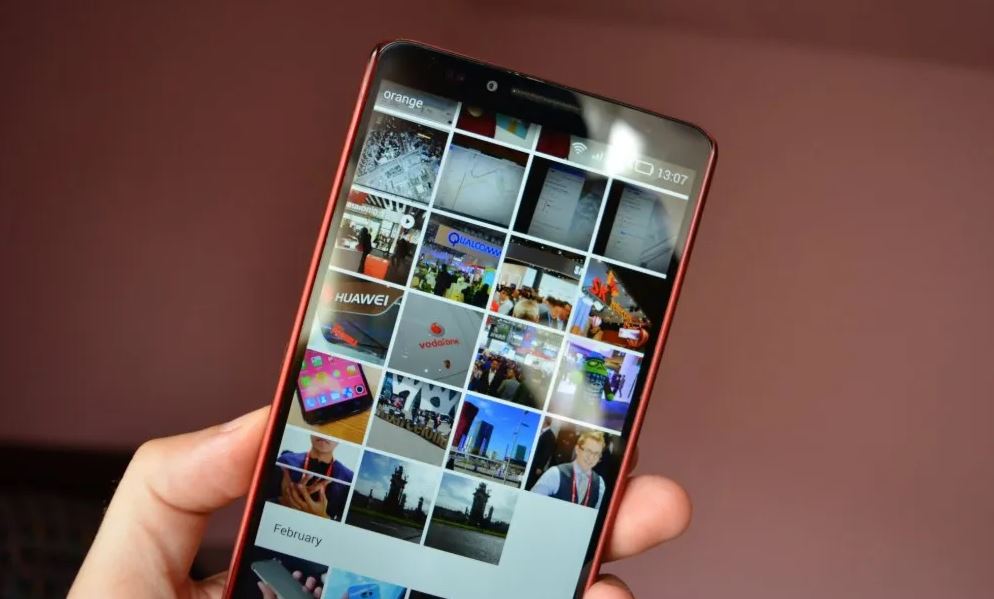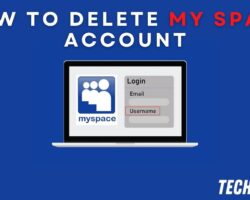Pictures of you are private. Unless you provide permission, no one is authorized to use them except in special circumstances. You have the right to control your own pictures. As a result, you can refuse to allow your pictures to be duplicated or published.
Unless you give permission, no one should publish a picture or videotape in which you can be identified. This covers things like publishing in a newspaper, magazine, or advertisement and using social media.
If publishing the photograph or video damages your self-esteem, for example, by making you feel uncomfortable or causing you to worry, you can go to court and seek financial compensation.
Article 17 of the International Covenant on Civil and Political Rights (ICCPR) safeguards everyone’s “privacy, family, home, or correspondence” from arbitrary or unlawful interference. The international human rights community has begun to respond to the erosion of privacy rights aided by modern technology. This article educates us on how we can legally make anyone delete the pictures taken.
Table of Contents
What Is Privacy?
Privacy is a fundamental right necessary for independence and the promotion of human rights, and it serves as the foundation for many other human rights.
The growing sophistication of information technology and its ability to gather, analyze, and disseminate data about individuals have heightened the need for laws.
Privacy helps us to set up walls and regulate boundaries to protect ourselves from unwelcome intrusion into our lives, allowing us to decide who we are and how we wish to interact with the world. Privacy allows us to limit who has access to our persons, places, and possessions, as well as our communications and information.
As a result, privacy is a critical component of our efforts to safeguard ourselves and society from inappropriate and unjustifiable use of power. It limits what can be known about us and done to us and helps shield us from others who may seek to assert dominance.
Almost every country officially recognizes a right to privacy in its constitution. At a bare minimum, these rights include the inviolability of one’s home and the confidentiality of one’s communications. For example, South Africa’s and Hungary’s constitutions offer particular rights to access and regulate one’s personal information.
Courts have identified that right in other provisions in several countries where privacy is not explicitly recognized in the Constitution, such as the United States, Ireland, and India. International accords recognizing privacy rights, such as the International Covenant on Civil and Political Rights or the European Convention on Human Rights, have been enacted into legislation in several countries.
It’s difficult to control images and videos shared on the internet. Other people can download, modify, and share photos as soon as they are uploaded online. The ability to own your own photos is a fundamental right. You must safeguard it. You must also respect other people’s rights to control their own pictures.
How to Make Somebody Delete Pictures or Videos of You Legally

If you own the pictures or videos, you have three options for regaining control: claim breach of privacy, defamation, or violating your right to complete privacy. These three avenues of legal recourse, like the policies of social networking sites, are unique. Consult a qualified lawyer to help interpret them or continue with a lawsuit.
- Invasion of privacy: Your right is to take action if someone posts something that falsely or offensively characterizes you. One example is using your photo to create a page on a sexually explicit website. Although taking a picture of you in a public location is not considered a breach of privacy, you have legal recourse if someone takes a picture of you in your home and then puts it on social media without your consent.
- Defamation: To establish defamation, someone else’s picture of you on a social networking site could defame your character. Also, the picture would be injurious to your character or portray you in a negative light. Defamation occurs when a person uses a picture or video of you to create the impression that you committed a crime when you did not. As a result, you or the organization suffer loss or damage.
- Publicity Rights: If someone uses a picture of you for commercial gain. In other words, if someone uses your picture without your permission to sell a particular product or service or as an endorsement on a business website, they have infringed on your right to privacy. For this type of violation to occur, the public must be able to identify you in the picture.
If you discover that your picture or video has been uploaded without your consent, you can contact the person who uploaded it and ask them to remove it if you know who they are. You can take legal action if that person continues to reject. Do not hesitate to contact a reputable attorney if you require additional information or find yourself in this situation.
If your picture is posted online, you can also contact the social media platform help center to help you take it down. Thankfully, they allow you to report such cases. The links are below:
- Facebook – see the Facebook help center
- Twitter – see the Twitter help center
- Snapchat – see Snapchat support
- Tumblr – see the Tumblr community guidelines
- Instagram – see the Instagram help center
- TikTok – see the TikTok support center
Conclusion
In the United States, you should have no reasonable expectation of privacy if you are in a public location. However, the absence of the right to privacy still applies if you are somewhere that is easily visible from a public location, even if you are in a private space (for example, standing in your front yard).
Nobody requires your permission to take photos on private property such as a mall, restaurant, or store now; instead, they need the property owner’s consent. A reasonable expectation of privacy exists inside your house, hotel room, or other private location, and no one should snap your photograph without your agreement.
When you find out that your picture has been uploaded to the internet without your consent, do not panic. Seek the advice of a legal counsel to guide you on what to do, or if it is on a social media platform, contact any of the social media handle help desks to help you take it down.


![How To Delete Desktop Pictures On Mac [Easy Hack] How To Delete Desktop Pictures On Mac [Easy Hack]](https://techbeastz.com/files/wp-content/uploads/2022/11/how-to-delete-desktop-pictures-on-mac-250x200.jpg)





